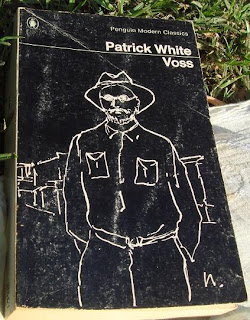
Pirates of the Caribbean: At World's End (III),
by Gore Verbinski
At the End of the World, the Adventure Begins.
After Elizabeth, Will, and Captain Barbossa rescue Captain Jack Sparrow from the clutches of the Kraken, they must face their foes, Davey Jones and Lord Cutler Beckett. Beckett, now with control of Jones' heart, forms a dark alliance with him in order to rule the seas and wipe out the last of the Pirates. Now, Jack, Barbossa, Will, Elizabeth, Tia Delma, and crew must call the Pirate Lords from the four corners of the globe, including the infamous Sao Feng, to a gathering that will make their final stand against Beckett, Jones, Norrington, the Flying Dutchman, and the entire East India Trading Company.
by Gore Verbinski
At the End of the World, the Adventure Begins.
After Elizabeth, Will, and Captain Barbossa rescue Captain Jack Sparrow from the clutches of the Kraken, they must face their foes, Davey Jones and Lord Cutler Beckett. Beckett, now with control of Jones' heart, forms a dark alliance with him in order to rule the seas and wipe out the last of the Pirates. Now, Jack, Barbossa, Will, Elizabeth, Tia Delma, and crew must call the Pirate Lords from the four corners of the globe, including the infamous Sao Feng, to a gathering that will make their final stand against Beckett, Jones, Norrington, the Flying Dutchman, and the entire East India Trading Company.











